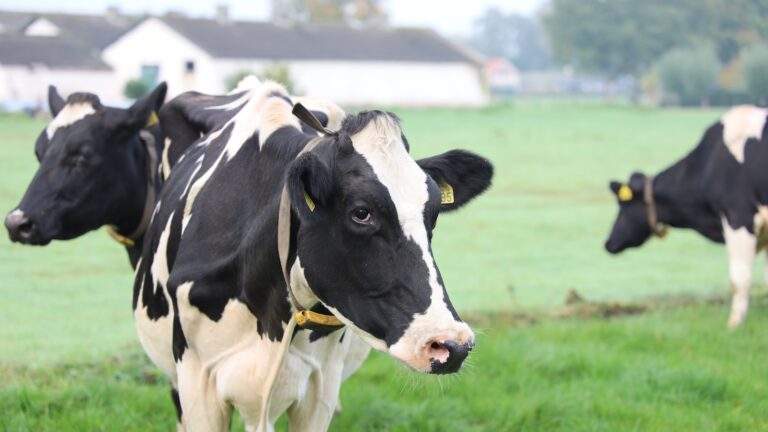Researchers at Penn State and the University of Arizona are set to develop a new biotechnology which will capture and convert methane at the source.
Researchers at Penn State and the University of Arizona are set to develop a new biotechnology which will capture and convert methane at the source.
With a $3.2m grant from the National Science Foundation (NSF), the project will take around four years to complete and will focus on creating a synthetic version of a bacteria found at the bottom of the ocean.
This bacterium can remove methane from its surroundings without oxygen through a process called anaerobic methane oxidation (AMO), capturing it before it can harm the atmosphere.
These bacteria that capture methane are anaerobes,’ Thomas Wood, professor of chemical engineering at Penn State College of Engineering, said. ‘Although they grow very slowly — doubling only every 100 years — they capture methane gas pretty efficiently. We cannot culture them by themselves in the lab, but we have been able to clone their DNA.’
Now scientists have cloned the enzymes of the methane eating bacteria which will be used in bioreactors to capture the gas and use it as a resource for industry and energy.
‘These small, remote bioreactors will be used to capture methane at its source — fracking sites, landfills and wastewater treatment plants— and immediately convert it into electricity or valuable building-block chemicals that can be used in other compounds, such as alcohols, plastics and things that fuel our cars,’ Wood explained.
The team believe the bioreactors will be easily scalable, more efficient, and less expensive than current methods used to capture methane.
Presently, refineries used by the fracking industry convert methane into petrol-like compounds, but this can cost billions to develop and often up to 20% of methane is lost whilst being transported to these refineries.
‘We want to stop releasing methane and start harnessing it and do so in lieu of burning it,’ Wood said. ‘Our simple, biological reactors operate in place and at room temperature. You don’t have to spend $20 billion and expend tremendous amounts of energy to be able to capture methane and convert it into something useful.’
The scientists will also investigate future uses of the technology and how it can be rolled out in a socially and environmentally responsible manner.
This news comes as its been revealed that huge amounts of methane was released into the atmosphere through leaks from the sabotaged Nord Stream pipelines under the Baltic Sea.
Fonte: Environmentaljournal.online

